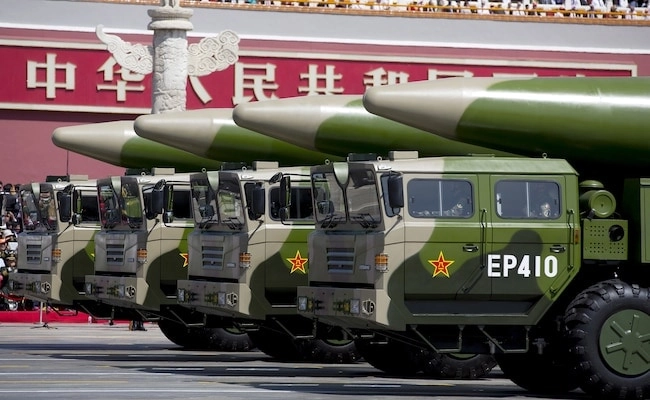In the late 1970s, Taiwan was on the brink of becoming a nuclear power, prompting significant concern among the international community, particularly the United States. The Taiwanese government had initiated a clandestine nuclear program aimed at developing its own nuclear arsenal, driven by regional security issues and the perceived threat from mainland China. However, this endeavor was brought to the attention of U.S. officials by an alert agent who recognized the potential implications of Taiwan’s ambitions. The agent’s timely warning triggered a series of diplomatic discussions and interventions, leading to increased scrutiny of Taiwan’s nuclear activities. The U.S. government, concerned about nuclear proliferation in a volatile region, took steps to dissuade Taiwan from continuing its nuclear weapons program. This intervention not only aimed to prevent the spread of nuclear weapons but also sought to maintain stability in East Asia, demonstrating the delicate balance of power and the significant role of intelligence in international relations. As a result, Taiwan’s nuclear aspirations were effectively curtailed, steering the island toward a path of non-proliferation and closer alignment with U.S. foreign policy objectives.
In the late 1970s, Taiwan was on the brink of becoming a nuclear power, prompting significant concern among the international community, particularly the United States




